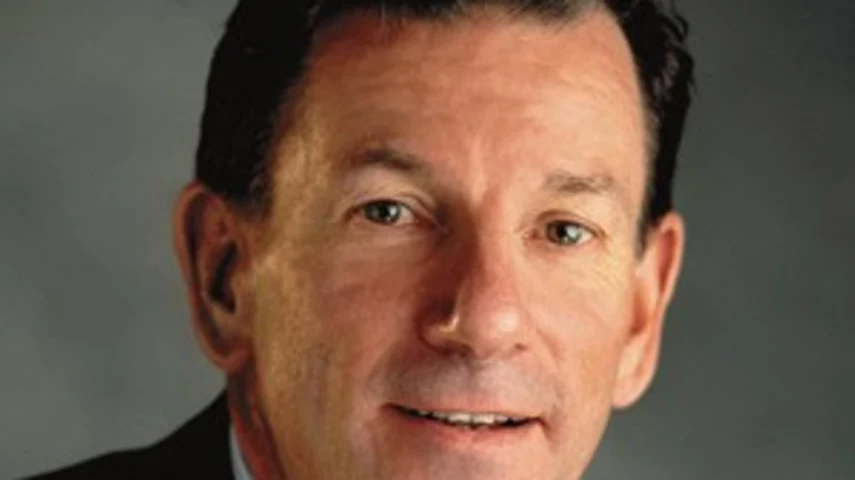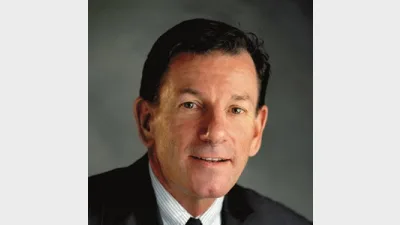When politics cloud perception



Mike Taylor writes that just four months out from an election, the political temperature is high and perceptions can skew reality.
When the Minister for Financial Services, Bill Shorten, earlier this month included the deputy chairman of the Australian Prudential Regulation Authority (APRA), Ross Jones, in the so-called “charter committee” to help establish a Council of Superannuation Guardians, he raised a few eyebrows.
Those eyebrows were raised because Jones’ status is that of a very senior executive within a regulator which is a Commonwealth statutory authority.
As such, Jones has the same status as a member of the Australian Public Service which, by definition, is required to be apolitical.
The Shadow Assistant Treasurer, Senator Mathias Cormann, last week took the view that it was not “right” for Jones to have agreed to his appointment to the charter committee.
A spokeswoman for the Minister disagreed with Cormann’s contention, arguing that the charter committee was not political and that, in any case, it was not intended that the Council of Superannuation Guardians would have input with respect to regulation.
Cormann, however, argued that Jones’ appointment needed to be seen in the context of the Government’s objectives – and the reality that it had been made within four months of a Federal election.
The Opposition spokesman also made it clear that, if elected, a Coalition Government would not be adopting Shorten’s policy and that it would not be proceeding to the establishment of a Council of Superannuation Guardians.
Cormann’s comments therefore raise the question whether, under a Coalition Government, the financial services regulators would be granted the same voice in policy-making they have enjoyed under the Rudd and Gillard Labor Governments.
Over the past six years, and in a fashion not witnessed under previous Federal Governments, the two financial services regulators – APRA and the Australian Securities and Investments Commission (ASIC) – have been granted stake-holder status in the context of key Government policy implementation and legislative development.
When it came to the formulation of the Future of Financial Advice (FOFA) legislation, ASIC had stakeholder status, while when it came to the Stronger Super legislation, APRA had a seat in the stakeholder forums.
And while, at first blush, this might not have seemed out of the ordinary, it needs to be remembered that the two regulators therefore not only were able to influence the manner in which Government policy was turned into legislation, but how that legislation was therefore translated into the regulation they would then administer. The Labor Government therefore handed the regulators considerable and ongoing influence.
The traditional flow-chart reflecting the process of translating Government policy-making into legislation and then regulation would have seen the regulators brought into the equation at a much later and less influential juncture.
Appointing senior public servants to head up Government reviews or committees is not unusual.
Former Treasury head Ken Henry chaired the Henry Tax Review and, of course, the chairman of the Cooper Review into Australia’s superannuation system, Jeremy Cooper, resigned his position with ASIC before taking on that particular role. Cooper is now employed by annuities specialist Challenger.
Is Jones’ position any different to that of Ken Henry or Jeremy Cooper? The proximity of an election and the strong divergence in policy approach between the major political parties suggests that it is.
Further, Cooper was not a serving senior executive within a regulator at the time he chaired his review, while there existed reasonable bipartisan support for the underlying objectives of conducting the Henry Tax Review.
It is normal procedure within government departments and agencies to closely examine the implications of invitations for staffers and senior executives to join committees, even when those invitations originate in the Minister’s office.
We cannot know whether this actually occurred within either APRA or the Department of Treasury.
The net result, however, is that the deputy chairman of a financial services regulator has, four months out from an election, accepted a position on a committee which the Opposition holds to be a politically-motivated construct.
The new chairman of APRA will have some work to do in the event there is a change of Government on 14 September.
Recommended for you
In this episode of Relative Return Insider, host Keith Ford and AMP deputy chief economist Diana Mousina break down the spike in inflation numbers and what it means for the possibility of a rate cut as we move into the new year.
In this episode of Relative Return Insider, host Keith Ford and AMP economist My Bui explore Prime Minister Anthony Albanese’s trip to the US and the critical minerals deal stemming from his meeting with President Donald Trump.
In this episode of Relative Return Insider, host Keith Ford and AMP chief economist Shane Oliver unpack the latest unemployment numbers and what they mean for a rate cut, as well as how the latest flare-up in the ongoing US–China trade dispute has highlighted the remaining disparity between gold and bitcoin.
In this episode of Relative Return Insider, host Keith Ford and AMP chief economist Shane Oliver take a look at the unfolding impacts and potential economic ramifications of the US government shutdown and the surge in gold and bitcoin prices.







